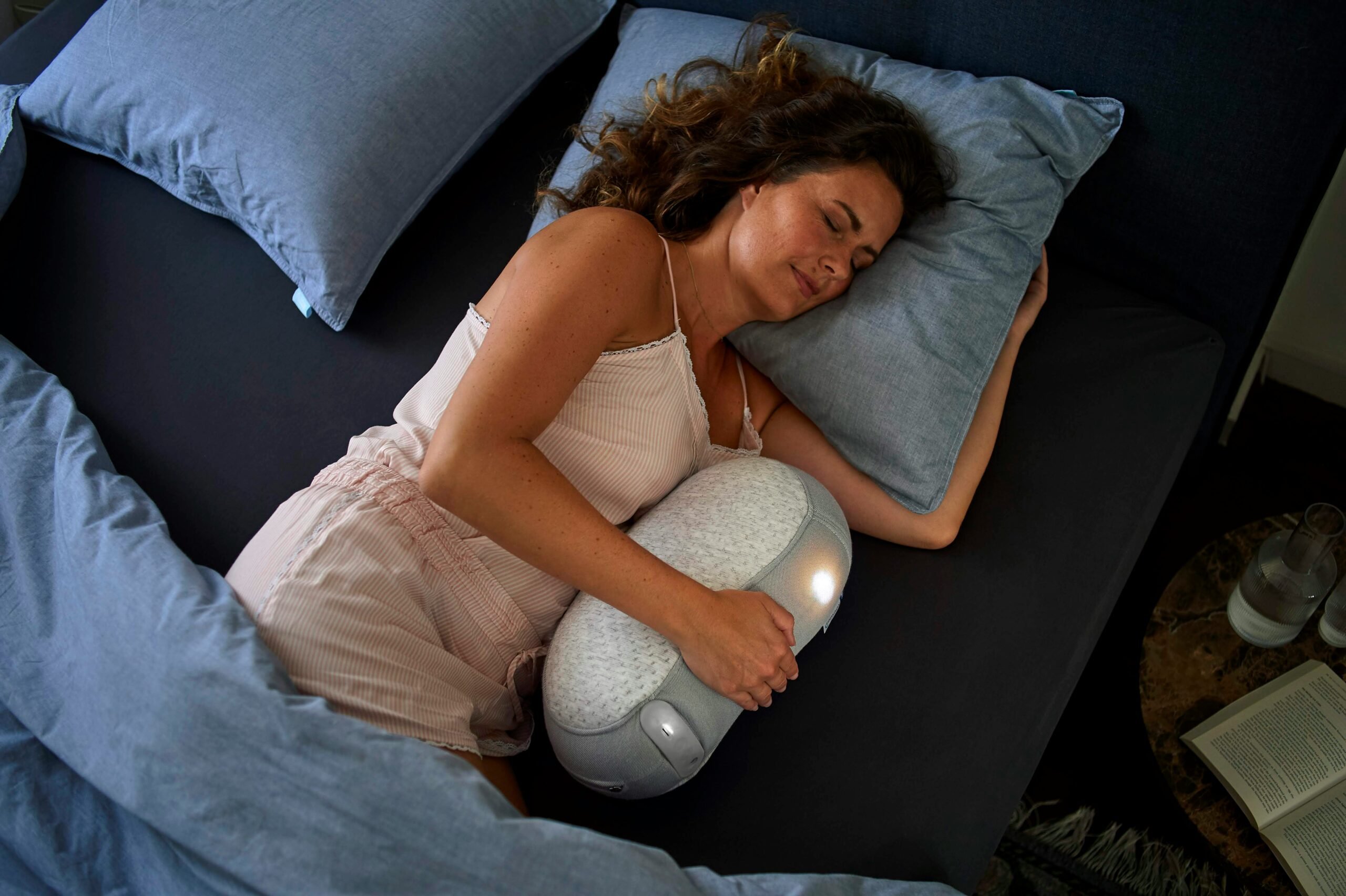If you’re dragging through your day, needing caffeine to function, and feeling like you’ve got nothing left in the tank—this isn’t just “normal tiredness.” Perimenopausal fatigue is real, and it runs deeper than just a few bad nights of sleep. From a functional medicine perspective, fatigue at this stage of life often signals a deeper shift in hormones, metabolism, adrenals, mitochondria (your energy engines), and more.
Let’s unpack the root causes and what you can actually do to feel more energized and alive in this season of life.
Root Causes of Perimenopausal Fatigue
1. Hormonal Imbalances
- Lower Progesterone = Poor Sleep & Higher Cortisol
As progesterone drops, your nervous system becomes less calm. This leads to anxiety, light sleep, and frequent night waking. - Estrogen Fluctuations = Energy Crashes & Brain Fog
Estrogen supports mood, energy, and metabolism. When it fluctuates, you feel it—think foggy head, mood swings, and mid-day crashes. - Lower Testosterone = Muscle Weakness & Low Motivation
Testosterone supports strength, drive, and energy in women too. As levels drop, so does motivation and muscle tone.
2. Adrenal Fatigue (HPA Axis Dysfunction)
Your adrenal glands work overtime to compensate for declining ovarian hormone production. Add chronic stress to the mix and they get depleted, leading to imbalanced cortisol.
Symptoms include:
- Waking up tired, even after 8 hours
- Afternoon energy dips
- Feeling wired but tired at night
3. Blood Sugar Imbalances & Insulin Resistance
Estrogen regulates insulin, so when it fluctuates, blood sugar can swing wildly. High-carb breakfasts or skipping meals only make it worse.
Symptoms:
- Cravings
- Mood swings
- Afternoon energy crashes
4. Thyroid Dysfunction
Estrogen impacts your thyroid. When it’s off, your metabolism slows and you feel sluggish.
Signs:
- Fatigue
- Cold hands and feet
- Brain fog
- Slowed metabolism
5. Mitochondrial Dysfunction (Poor Energy Production)
Your mitochondria are tiny energy factories inside your cells. As you age and hormones shift, your ability to make energy (ATP) declines.
Clues:
- Deep, unrelenting fatigue
- Muscle weakness
- Poor recovery from exercise
6. Gut Health & Nutrient Deficiencies
Low stomach acid, poor absorption, and gut imbalances can lead to deficiencies in key energy nutrients like:
- Iron
- B12
- Magnesium
- CoQ10
- Vitamin D
Plus, things like dysbiosis, leaky gut, candida, or parasites increase inflammation and zap energy.
7. Chronic Inflammation & Toxic Load
Your detox pathways slow down in perimenopause, making it harder for your liver to process waste and hormones. Toxins and inflammatory foods add to the burden.
Common energy drains:
- Gluten, dairy, sugar, alcohol
- Plastics, household chemicals, mold exposure
What You Can Do to Boost Energy in Perimenopause
1. Balance Your Hormones
- Support Progesterone: Magnesium, Vitamin B6, Vitex (chaste tree berry)
- Stabilize Estrogen: Eat cruciferous veggies (broccoli, Brussels sprouts), take DIM, aim for healthy daily poops
- Boost Testosterone: Strength training, eat healthy fats, include zinc-rich foods
2. Optimize Cortisol & Adrenal Function
- Get morning sunlight to reset your circadian rhythm and regulate cortisol
- Use adaptogens like Ashwagandha (calm focus) and Rhodiola (natural energy boost)
- Practice deep breathing, meditation, and journaling to lower the stress response
3. Regulate Blood Sugar for Sustained Energy
- Eat protein + healthy fats at every meal (aim for ~1g protein per lb of ideal body weight)
- Avoid high-sugar breakfasts and snacks
- Consider 12–14 hour overnight fasts if your adrenals are stable
4. Support Thyroid & Mitochondrial Health
- Nutrients for thyroid: Selenium (Brazil nuts), iodine (seaweed), zinc (pumpkin seeds)
- Mitochondrial boosters: CoQ10, B-complex vitamins, alpha-lipoic acid, magnesium
- Hydrate well and add electrolytes—fatigue is often dehydration + mineral depletion
5. Heal the Gut & Reduce Inflammation
- Gut-healing foods: Bone broth, collagen, fermented foods, polyphenol-rich fruits and veggies
- Avoid inflammatory foods: gluten, sugar, dairy, processed oils, and anything in a box or with a barcode
- Support detox: Dandelion tea, milk thistle, lemon water in the morning
Supplements That May Help
(Always check with your provider before adding new supplements.)
- Magnesium glycinate – Calms the nervous system, supports sleep and energy
- B-complex vitamins – Fuel mitochondrial and adrenal function
- CoQ10 or PQQ – Enhance mitochondrial energy production
- Iron – If your ferritin is low, fatigue is almost guaranteed
- Adaptogens – Ashwagandha, Rhodiola for resilience and energy support
Daily Energy-Boosting Routine for Perimenopause
- Morning: Get outside for sunlight, eat a protein + fat-rich breakfast, move your body
- Midday: Stay hydrated, eat a balanced lunch, stretch or walk, get fresh air if possible
- Evening: Take magnesium or adaptogens, dim screens, prioritize 7–9 hours of sleep
You’re Not Lazy—You’re Out of Sync
Perimenopausal fatigue isn’t about laziness—it’s about your body adjusting to a new hormonal rhythm. With the right support, nourishment, and habits, you can get your energy back and feel like yourself again.
You deserve to feel vibrant—not just survive the day, but actually enjoy it.



